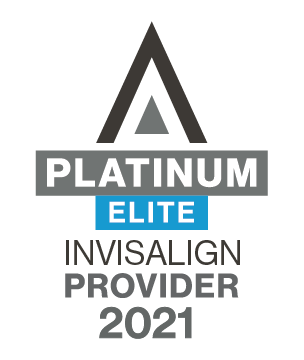A dental implant offers a permanent and secure solution for replacing one or more teeth.
Implants can be used to support a number of dental prostheses including crowns, implant-supported bridges and dentures. Typical implants consist of a titanium screw with a roughened or smooth surface.
Implants have been in use since the 1990s. Due to improved personal and professional care in the past decade, success rates have risen above 95 per cent. Few forms of medical, orthopaedic or dental treatment achieve such success.
An implant allows people to fill the gap where a tooth is missing or discard a partial denture. It also improves their ability to chew, enhances their appearance and prevents potential wear and tear to the other teeth.
Please note: Any surgical or invasive procedure carries risks. Before proceeding, you should seek a second opinion from an appropriately qualified health professional.
WHAT IS A DENTAL IMPLANT?
A dental implant serves as an artificial replacement for the root of a missing tooth. A titanium alloy post is fused with the jaw bone to act as an anchor for a replacement tooth, crown or denture. Once the post has been fully fused and the permanent replacement tooth attached, the implant appears natural and fully integrated into the mouth. Because dental implants integrate into the structure of your bone, they help to prevent the bone loss and gum recession that often accompanies bridgework and dentures. No one will ever know you have a replacement tooth.


